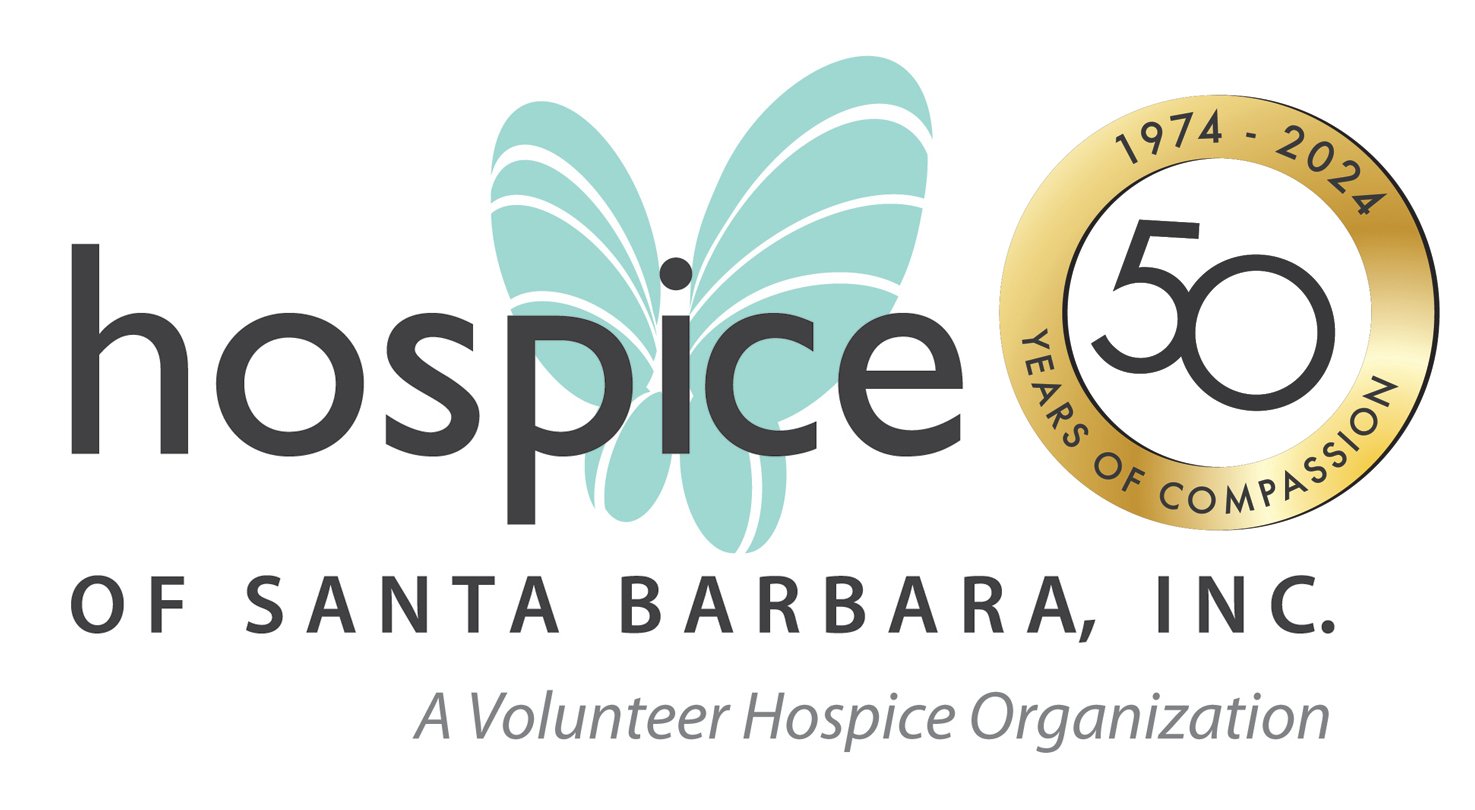On March 22, 2018, on a rainy Santa Barbara evening, nearly 800 people filled the Marjorie Luke Theatre in Santa Barbara to see and hear Frank Ostaseski, author and world-traveled lecturer. Though some wondered if it could be done, we managed to surpass our greatest expectations, especially given the events of the previous several months of fires and floods. Yet, our town demonstrated an eagerness and a thirst for hearing Mr. Ostaseski, a pioneer in end-of-life care. His presentation “The Five Invitations: What the Dying Teach the Living,” was based on his recently published book with a similar title.
As a member of the Planning Committee (and representing DASH at the time) led by organizer and lead sponsor, Hospice of Santa Barbara (HSB), about 20 other persons representing a variety of other person-centered organizations, from health care to social services to numerous other services with an interest in end-of-life issues, joined as ONE to make this event happen. I had every belief that we could and would fill that theatre. The fact that we did so only reaffirmed our belief that people are ready (especially after the recent natural disasters) to address end-of-life issues and discover ways to “live more fully” in the present moment. That is what Frank Ostaseski so skillfully encouraged us to do, utilizing each invitation, peppered with real life stories, to elucidate the minute-to-minute meaning and preciousness of life – right here, right now.
In Frank’s words “Death is not waiting for us at the end of a long road. Death is always with us, in the marrow of every passing moment. She is the secret teacher hiding in plain sight, helping us to discover what matters most.” Throughout the 90-minute presentation, Frank enthralled the audience with his brand of spiritual insight and gentle humor, along with his real-life practical examples of how he sat with, cared for and loved many people in his role as co-founder of Zen Hospice, the first Buddhist hospice in America. He told stories of caring for dying patients during the AIDS crisis of the late 80’s and 90’s and how this changed his life and made him realize that dying persons have a lot to teach the living! His lecture was followed by an all-day workshop held at Old Mission Santa Barbara’s Bonaventure Room with over 100 participants in attendance. It was a profoundly personal learning experience. At the workshop, Frank had the large audience break into work groups to address very personal values and ask difficult questions. We then shared those insights with others in the audience. The most common comment on the evaluations for both events simply stated “we want more.”
Hospice of Santa Barbara took this feedback very seriously. After Mr. Ostaseski’s two events, the work group continued to meet and is now known as “The Wellness and End-of-Life Network,” with leadership spearheaded by HSB. With this tangible support and palpable enthusiasm, Hospice of Santa Barbara developed five free workshops, each focused on one chapter of Frank’s book, which were offered free of charge.
The feedback from each of the sessions was overwhelmingly positive. Participants provided the following comments upon completion of the sessions:
“Opening the door to personal growth.”
“Living fully means NOW, gratitude and forgiveness are important NOW.”
“Healing is found by going through suffering.”
“It’s important to take time for what really matters.”
These statements reflect that not just learning, but life-changing attitudes resulted from the workshops. The credit goes to the inspirational work of Frank Ostaseski and Suzanne Retzinger, Ph.D., MFT, who skillfully designed and facilitated each workshop. Retzinger has also been a Therapist here at HSB for the past 16 years.
Please go to the Hospice of Santa Barbara website at www.hospiceofsantabarbara.org to view the video from the March 22, 2018 presentation by Frank Ostaseski at the Marjorie Luke Theatre or to learn about the many and diverse services provided by Hospice of Santa Barbara, all FREE of charge to participants.
What I am learning in the three months that I have been working at Hospice of Santa Barbara is that our services seem to be a well-kept secret or are not fully understood. In my role as Community Engagement Manager, I intend to provide a clearer understanding of who we are, what we do, how to access our programs and services, and how the community can support our ongoing work.
Jeanne M. West, RN, MHA
Community Engagement Manager
Hospice of Santa Barbara

